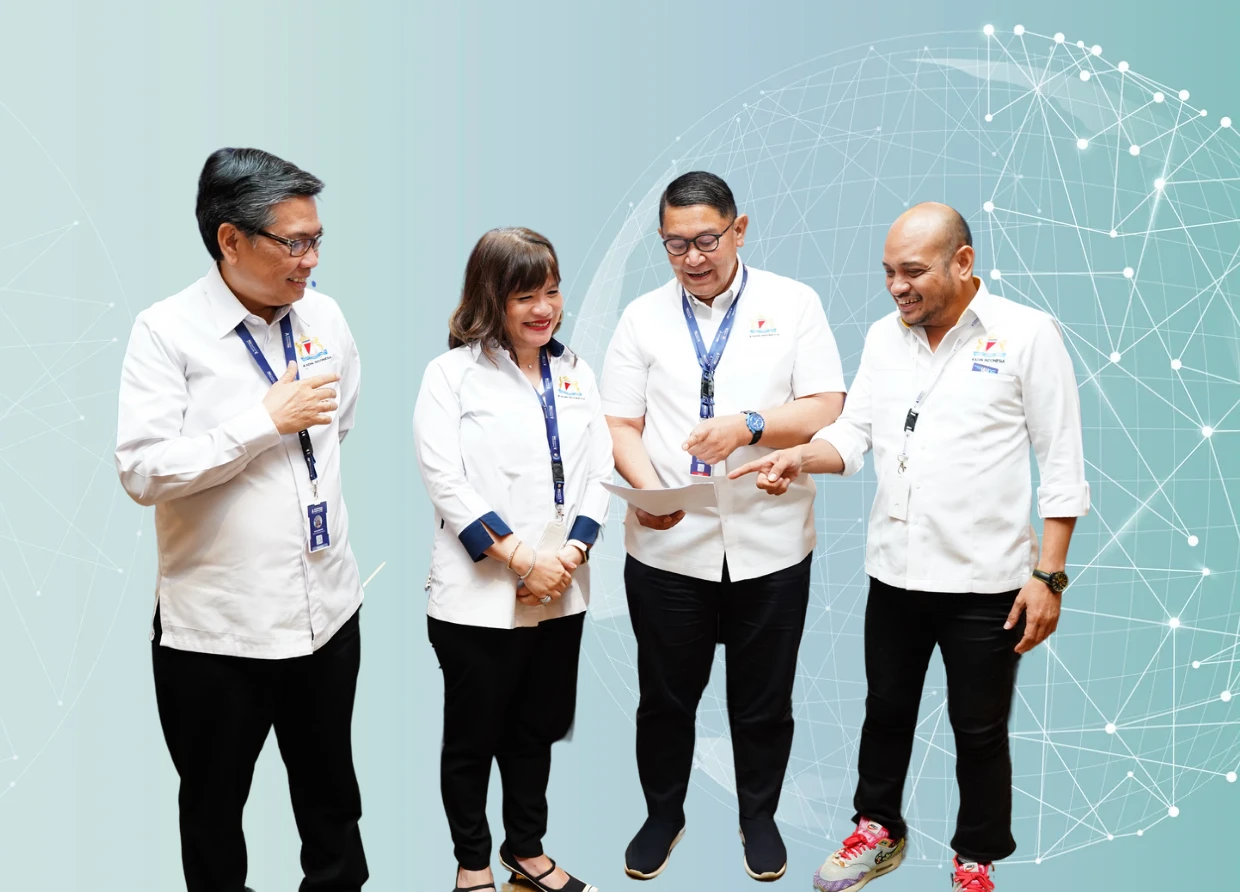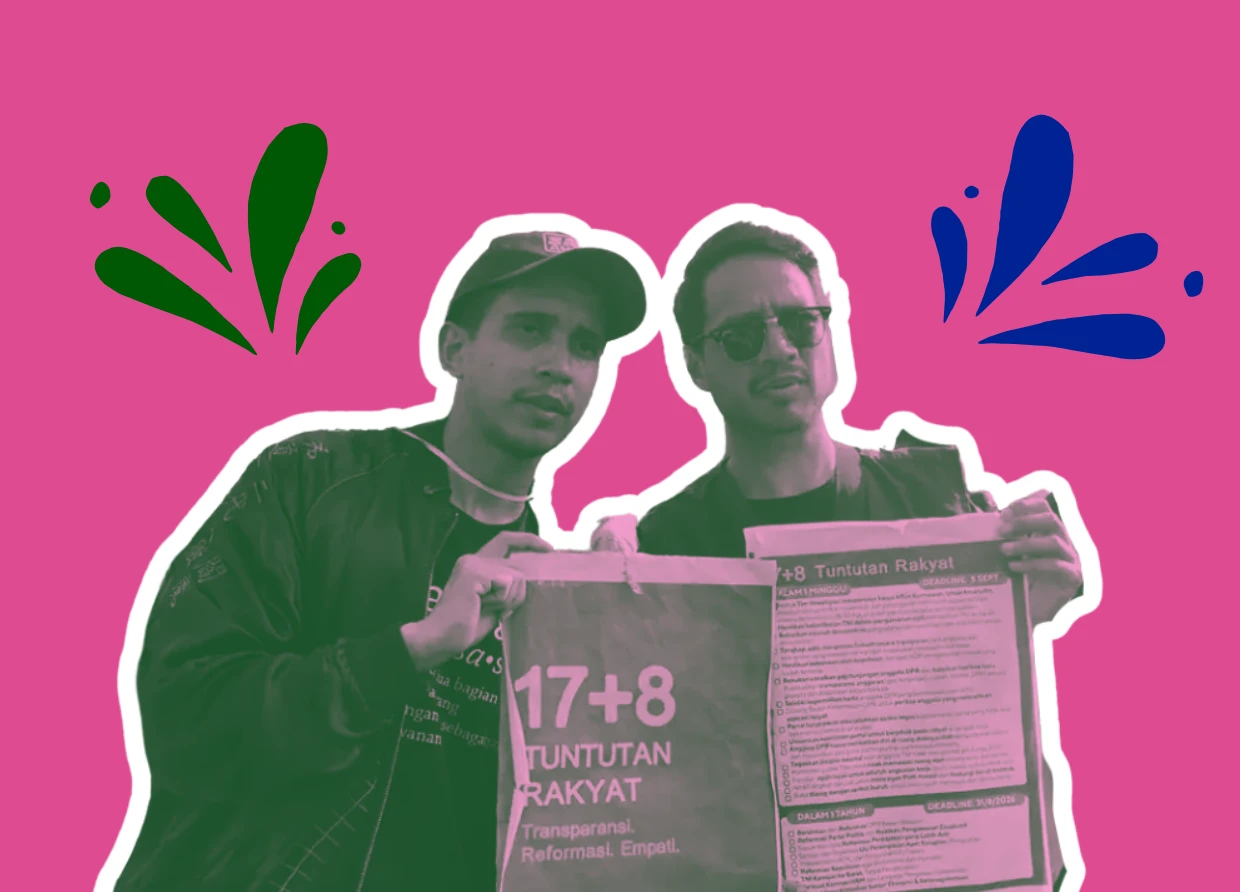BUSINESS LEADERS DISCUSS URGENT NEED FOR RESKILLING AND UPSKILLING AT KADIN 2023 FORUM
Indonesia Grapples with Low Training Culture and Skill Gaps in the Workforce

In a dynamic forum focused on reshaping Indonesia's workforce for the future, the Business Forum 2 Rapimnas Kadin 2023 highlighted the critical importance of reskilling and upskilling to propel the nation towards its ambitious goal of becoming "Indonesia Emas 2045." Keynote speaker Ida Fauziyah, the Minister of Manpower for the Republic of Indonesia, emphasized the need for a transformative approach to address the challenges posed by the evolving job landscape.
Reskilling to Develop Future Workforce
The forum delved into various aspects of workforce transformation, including the growth of new jobs and skills, the adoption of flexible working spaces and schedules, digital literacy, soft skills, the decline of traditional jobs, work-life balance, and technical competencies. Alarming statistics were presented, revealing the current state of reskilling efforts across different countries in Asia and the world.
China leads the way with 80% of companies providing training, followed by the Philippines at 60%. However, Indonesia lags behind significantly, with less than 8% of companies offering formal training, making it the second-lowest in the world.
Indonesia's Workforce Challenges
One pressing concern is the scarcity of skilled labor in Indonesia, where only 10.7% of the workforce is classified as skilled. Despite projections of a demographic bonus between 2020-2030, the International Labour Organization (ILO) warns that Indonesia is not adequately equipped with skilled workers to meet future demands.
The quality of the workforce remains a significant issue, with more than half having education levels below high school. This lack of education translates into lower productivity, placing Indonesia's workforce below the ASEAN average.
Digital Skills Gap
The forum also addressed the difficulty Indonesian companies face in finding employees with adequate digital skills. A majority of candidates possess theoretical knowledge but lack practical implementation skills. Approximately 63.4% of employers consider digital skills crucial, highlighting a significant gap that needs urgent attention.
Urgent Need for Reskilling and Upskilling
As automation threatens 23 million jobs, there is a potential for 27-46 million new job opportunities by 2030, creating an urgent need for reskilling and upskilling. To adapt to these changes, between 6-29 million workers will need retraining for emerging job roles.
Addressing the Skill Gap
The forum participants stressed the urgency of addressing skill gaps driven by an aging population, the rising cost of skills and lifelong learning, globalization favoring high-skilled workers, climate change increasing demand for green jobs, and digitization transforming learning and work methods.
Despite the challenges, the potential for training in Indonesian companies is substantial. Over 1.5 million people can be trained annually, according to data from the Online Manpower Reporting Obligation. Existing regulations, such as Ministerial Decree No. 261 of 2004, mandate companies to conduct job training, providing a regulatory framework to boost reskilling efforts.
The Business Forum 2 Rapimnas Kadin 2023 concluded with a consensus on the immediate need for collaborative efforts from government, businesses, and educational institutions to bridge the skill gap and ensure Indonesia's workforce is equipped for the challenges of the future.
#THE S MEDIA #Media Milenial #reskilling #upskilling #workforce transformation #Indonesia Emas 2045 #Business Forum 2 Rapimnas Kadin 2023 #Ida Fauziyah #Minister of Manpower #flexible working #digital literacy #soft skills #traditional jobs #work-life balance #technical competencies #training culture #skill gaps #demographic bonus #International Labour Organization #ASEAN #digital skills gap #automation #job opportunities #aging population #green jobs #digitization #Ministerial Decree No. 261 of 2004 #regulatory framework #collaborative efforts #future of work #Indonesian labor market #professional development #industry trends #skill development initiatives


























